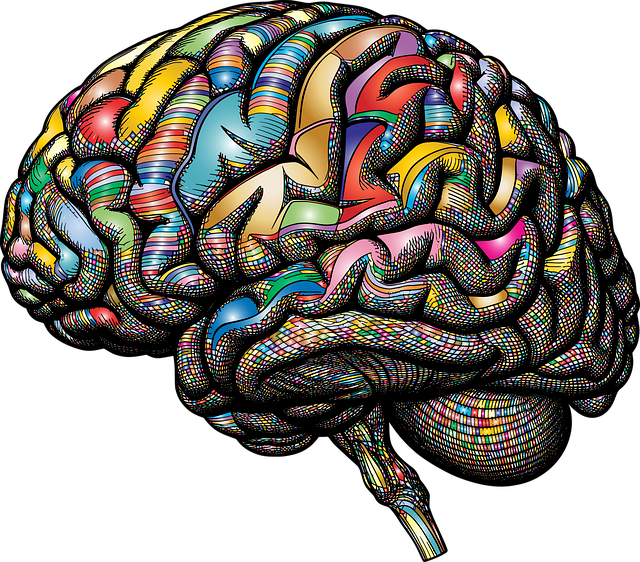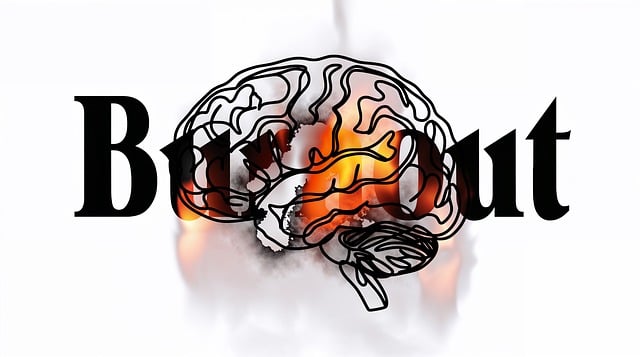Westminster Blended Families Therapy (WBFT) offers a specialized approach to address the unique challenges of diverse families, combining individual and family sessions to tackle complex dynamics and historical trauma. By integrating cultural sensitivity with evidence-based practices, WBFT ensures accurate diagnoses and develops holistic treatment plans tailored to each family's needs. Through open communication, stress management techniques, and mental wellness coaching, the program fosters resilience and improves overall mental health for blended family members, revolutionizing mental healthcare accessibility for diverse populations.
Mental illness diagnosis accuracy is a critical aspect of patient care, especially within diverse families. This article explores strategies to enhance diagnostic precision, focusing on the unique challenges and opportunities presented by Westminster Blended Families. We delve into innovative approaches like Westminster Blended Families Therapy, emphasizing cultural sensitivity and evidence-based practices. Furthermore, we discuss the importance of enhanced communication for accurate assessment and treatment planning, as well as continuous learning and collaboration among professionals to ensure optimal diagnosis accuracy.
- Understanding Mental Health Diagnosis Challenges in Diverse Families
- Westminster Blended Families Therapy: A Unique Approach
- Integrating Cultural Sensitivity and Evidence-Based Practices
- Enhancing Communication for Accurate Assessment and Treatment Planning
- Continuous Learning and Collaboration for Optimal Diagnosis Accuracy
Understanding Mental Health Diagnosis Challenges in Diverse Families

Mental health diagnoses can be particularly complex within diverse families, where unique cultural backgrounds, family dynamics, and historical trauma may influence how symptoms manifest. Westminster blended families therapy recognizes that what constitutes ‘normal’ behavior or emotional expression varies across cultures. For instance, some families might express anxiety or depression very differently from others, making accurate diagnosis a challenging task. This is further complicated by potential language barriers and differing societal expectations around mental health.
Professionals in this field must be adept at navigating these complexities to ensure proper assessment and treatment. Building resilience through tailored interventions, such as stress reduction methods and confidence-boosting strategies, can empower individuals within these families to manage their mental health effectively. By understanding the unique needs of diverse households, therapists can offer more precise diagnoses and develop holistic treatment plans that resonate with all family members.
Westminster Blended Families Therapy: A Unique Approach

Westminster Blended Families Therapy (WBFT) represents a unique and innovative approach to addressing mental health challenges within families. This therapeutic model integrates various evidence-based practices tailored to the specific needs of blended families, which often face complex dynamics due to step-parents, half-siblings, and previous traumatic experiences. By combining individual therapy with family sessions, WBFT aims to enhance communication, improve coping skills development, and foster mental wellness coaching programs within these families.
The program’s effectiveness lies in its holistic nature, addressing not only the symptoms of mental illness but also the underlying factors contributing to them. Through this approach, depression prevention becomes a collective effort where every family member learns and practices coping strategies together. By creating a supportive environment, WBFT encourages open dialogue, builds resilience, and promotes lasting positive changes, ultimately enhancing the overall mental health and well-being of blended families.
Integrating Cultural Sensitivity and Evidence-Based Practices

Integrating cultural sensitivity with evidence-based practices is a vital step toward enhancing mental illness diagnosis accuracy, especially within diverse communities. Understanding and respecting different cultural contexts and belief systems can significantly improve therapeutic outcomes. For instance, Westminster Blended Families Therapy recognizes that families from various ethnic backgrounds may have unique communication styles and views on mental health, requiring tailored approaches. By incorporating cultural sensitivity, therapists can create a safe and accepting environment, fostering open dialogue and encouraging clients to seek help without barriers.
This integration involves training professionals in cross-cultural competency, allowing them to adapt evidence-based practices to suit individual needs. This might include teaching stress management techniques, organizing workshops on inner strength development, and ensuring culturally responsive assessment tools. Such efforts not only improve diagnosis accuracy but also enhance patient satisfaction and adherence to treatment plans, ultimately leading to better mental health outcomes for all.
Enhancing Communication for Accurate Assessment and Treatment Planning

Effective communication is a cornerstone in enhancing mental illness diagnosis accuracy. At Westminster Blended Families Therapy, we recognize that open dialogue between patients, therapists, and healthcare professionals is vital for understanding complex symptoms and personal experiences. By fostering an environment where individuals feel heard and supported, we can gather more nuanced information, leading to precise assessments. This approach ensures tailored treatment plans that address specific needs, considering unique family dynamics, cultural backgrounds, and individual strengths.
Our therapy sessions often incorporate strategies like empathy building and inner strength development through Mental Health Education Programs Design. These initiatives empower clients to articulate their struggles and aspirations with clarity, facilitating more accurate diagnoses. By integrating these communication techniques, we aim to revolutionize mental healthcare, making it accessible, empathetic, and tailored to diverse populations.
Continuous Learning and Collaboration for Optimal Diagnosis Accuracy

In an era where mental health awareness is ever-evolving, continuous learning and collaboration among professionals are vital for improving diagnosis accuracy. Westminster Blended Families Therapy exemplifies this by fostering a culture of knowledge exchange, ensuring therapists stay abreast of the latest research and treatment modalities. This collaborative approach integrates diverse perspectives, allowing for more nuanced understanding of complex mental health conditions within families.
The design and development of Mental Wellness Coaching Programs and Mental Health Education Programs play a significant role in this process. By focusing on resilience-building strategies, these programs not only enhance the skills of practitioners but also contribute to a broader network of support. This interconnectedness is key to optimal diagnosis accuracy, as it enables professionals to navigate the intricate landscape of mental illness with increased confidence and competence.
Mental illness diagnosis accuracy has long presented a complex challenge, particularly within diverse family structures. However, innovative approaches like Westminster Blended Families Therapy offer promising solutions. By integrating cultural sensitivity with evidence-based practices, enhancing communication for assessment and treatment planning, and fostering continuous learning among professionals, we can strive for improved diagnosis accuracy. This holistic approach, as demonstrated by the unique Westminster model, holds the key to providing tailored, effective care for all family members, regardless of their background or complexities.












